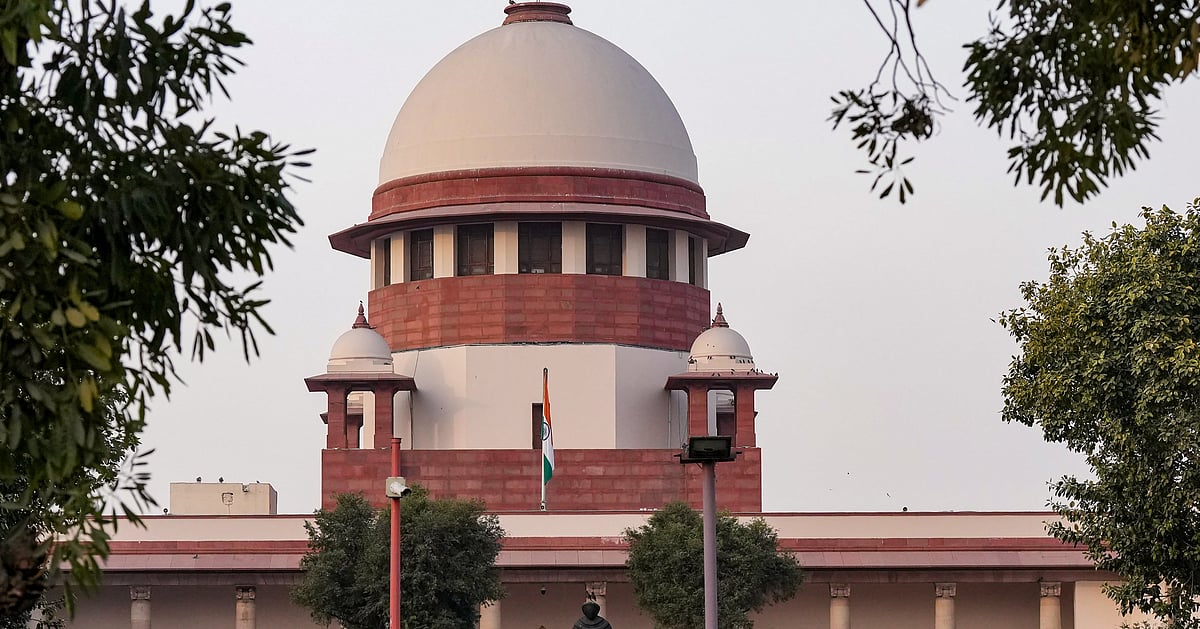 |
|
The Supreme Court of India has issued a significant ruling concerning the liability of social media intermediaries, emphasizing the crucial role of due diligence in availing 'safe harbor' protection under the Information Technology (IT) Act. This ruling has profound implications for the online landscape, particularly in the context of combating child abuse and exploitation.
The court asserted that to qualify for the protection offered by Section 79 of the IT Act, an intermediary must not be involved in initiating, receiving, or modifying third-party data. Furthermore, they must demonstrate due diligence while fulfilling their obligations under the IT Act and adhere to any guidelines prescribed by the Central Government. This responsibility extends to promptly removing or disabling access to harmful content upon receiving 'actual knowledge,' while ensuring the preservation of evidence.
The court's decision highlights the importance of the Protection of Children from Sexual Offences (POCSO) Act and its accompanying rules. Specifically, Rule 11 of the POCSO Rules 2020 mandates that intermediaries not only report offenses under POCSO but also provide relevant material, including the source of such content, to the appropriate authorities. This includes the Special Juvenile Police Unit, local police, or the cyber-crime portal.
The court also acknowledged an existing Memorandum of Understanding (MOU) between the National Crime Records Bureau (NCRB) and the National Centre for Missing & Exploited Children (NCMEC), requiring social media intermediaries to report cases of child abuse and exploitation to the NCMEC. However, the court expressed concern that intermediaries often prioritize complying with the MOU over fulfilling their obligations under the POCSO Act, failing to report such cases to local authorities.
The court's ruling emphasizes that adherence to the IT Act's provisions alone does not absolve intermediaries of liability under the POCSO Act. To avoid legal repercussions, they must strictly adhere to the requirements and procedures outlined in the POCSO Act and its rules, particularly Section 20 and Rule 11. This includes reporting cases of child abuse and exploitation to the designated authorities, ensuring the safety of children and upholding the law.
This landmark ruling sets a strong precedent, underscoring the responsibility of social media platforms to proactively combat child abuse and exploitation. By requiring due diligence and compliance with the POCSO Act, the court aims to create a safer online environment for children. The decision sends a clear message that online intermediaries must prioritize the well-being of children and take concrete steps to prevent the spread of harmful content.
Source: Social media intermediaries can't claim protection if no due diligence observed: Supreme Court
